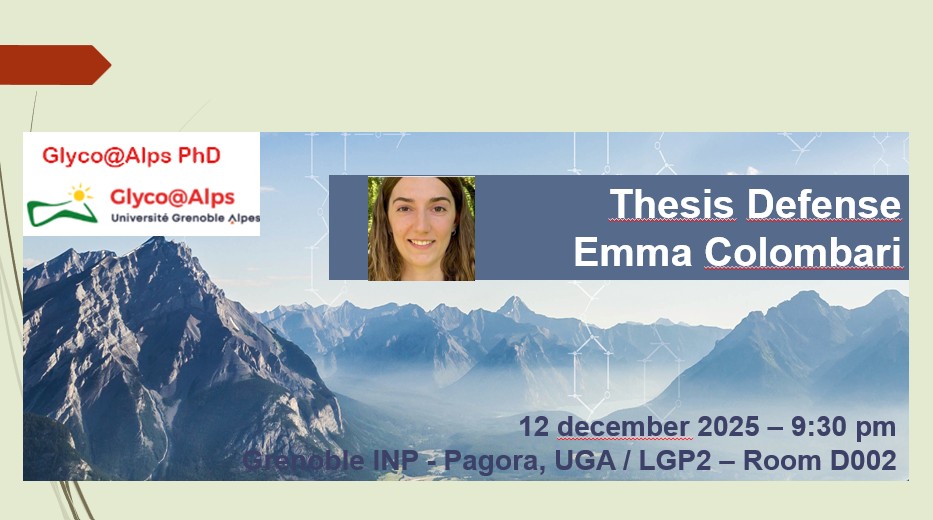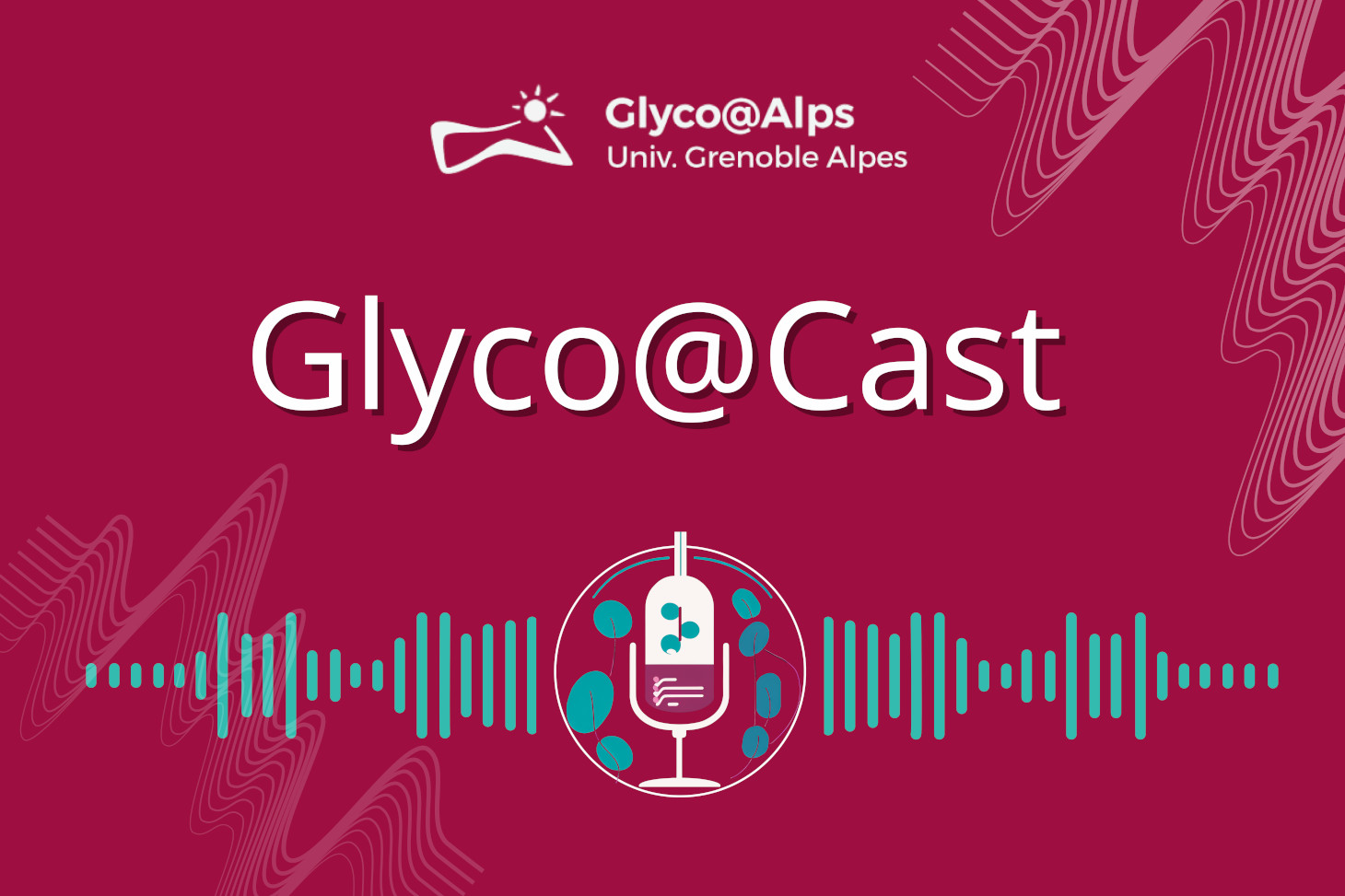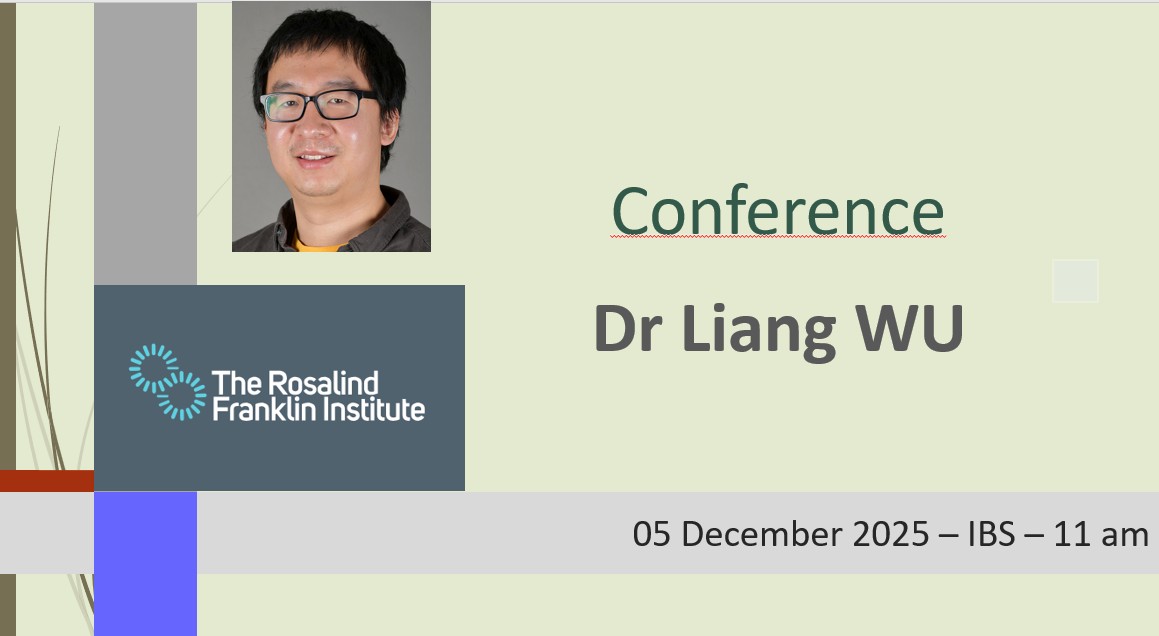
Partnerships
With the involvement of around 100 scientists of different domains, Glyco@Alps will highlight the University Grenoble Alpes as the first glycoscience center in France.
Work packages
Different research perspectives will be used and integrated in 6 work packages. Each one have its objectives, tasks and international partnerships.
Call for proposals
Description of current calls for funding by Glyco@alps or other possibilitles at IDEX UGA.
Glyco@Alps report
Discover Glyco@Alps' activities through our report: funded projects, scientific animation, international, etc.
Actualités
About us
Their biological and functional roles depend on context: carbohydrates are major components of food, they are key to modern medicine and they are a primary source of natural materials. Glycosciences are the study of the nature, function, properties and transformation of carbohydrates. It is an emerging area with many potential applications for the challenges of society.
Glyco@Alps explores the fascinating structural diversity and complexity of sugars, including those found in the Alpine biodiversity, and focuses on their exploitation for biopharmaceuticals, medical diagnostics, personalized medicine, materials, environmental sustainability and innovative bio-industries.
With the involvement of around 100 scientists of different domains, Glyco@Alps will highlight the University Grenoble Alpes as the first glycoscience center in France. Organization of international summer schools and scientific meetings will insure visibility at the international level. Glyco@Alps also aims at attracting and training the next generation of glycoscientists, with a pluridisciplinary approach and a broad view to environmental and innovation issues.
The Glyco@Alps program will foster and drive collaboration, and communication among partners to explore the potential of carbohydrates to impact biopharmaceuticals, medical diagnostics, personalized medicine, materials, environmental sustainability and innovative bio-industries. This will be achieved by understanding the connections between the structural complexity of carbohydrates and their functional versatility.



